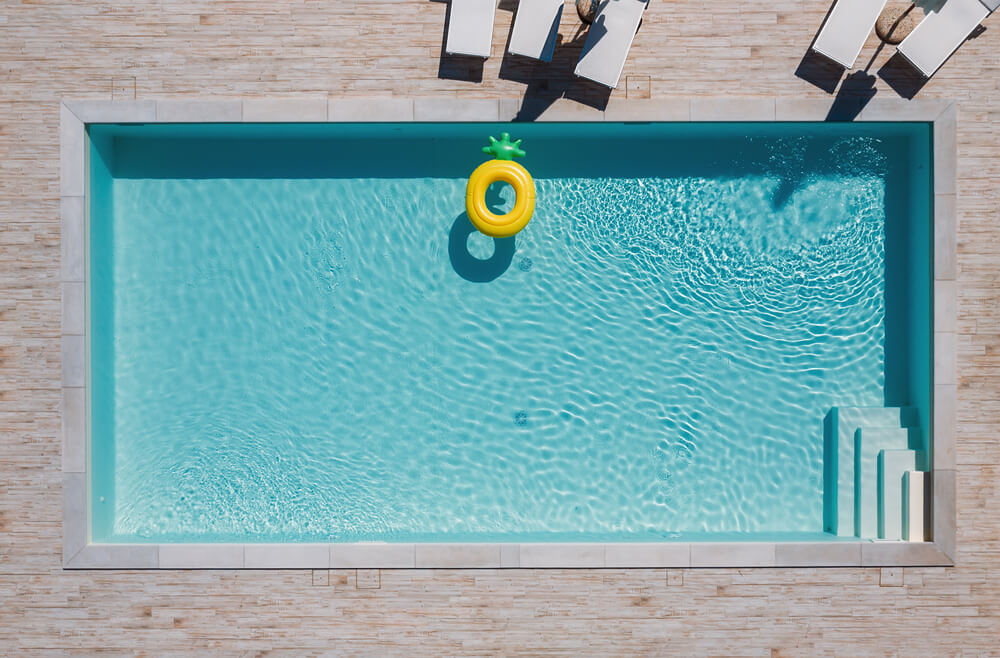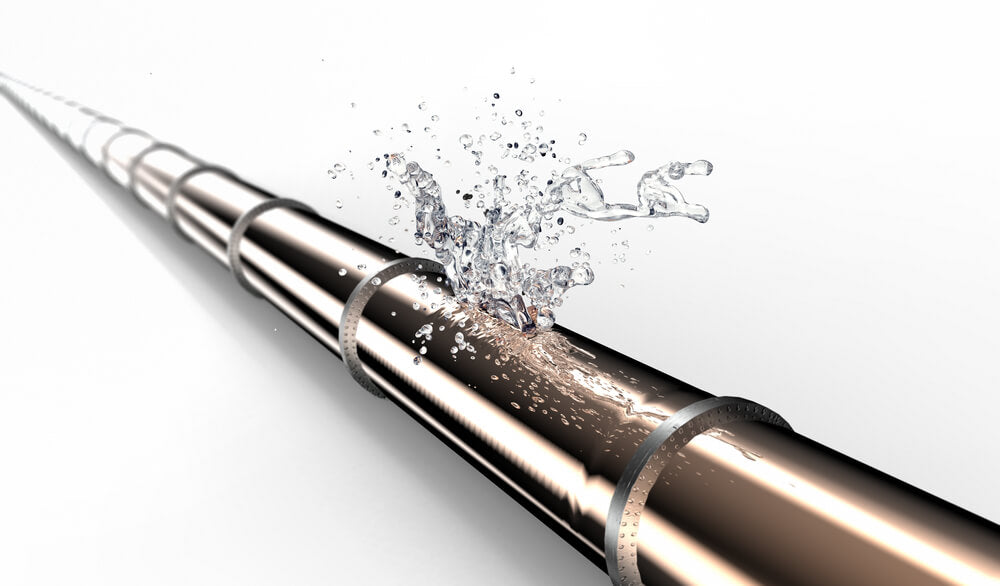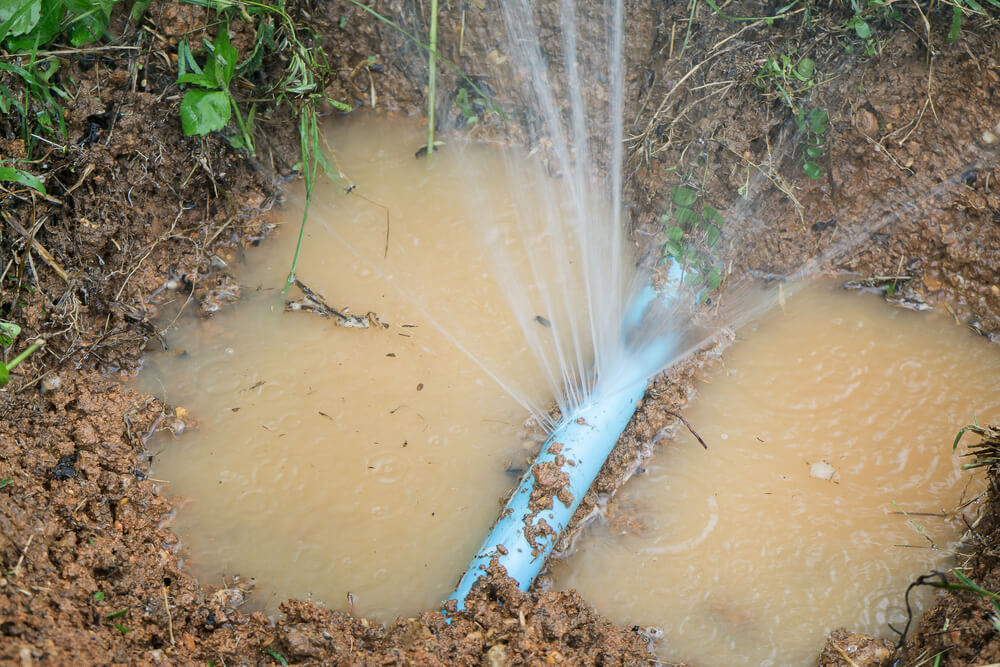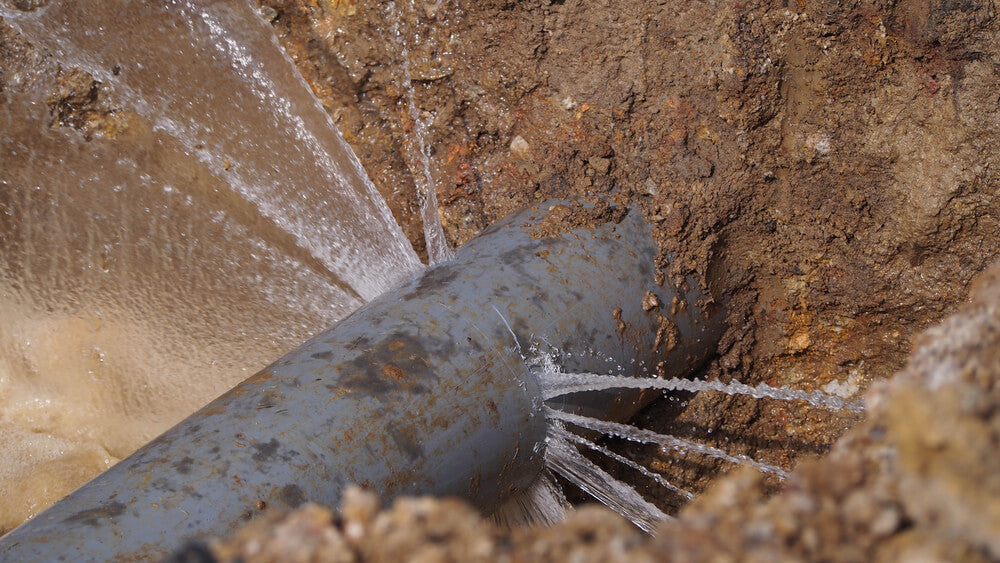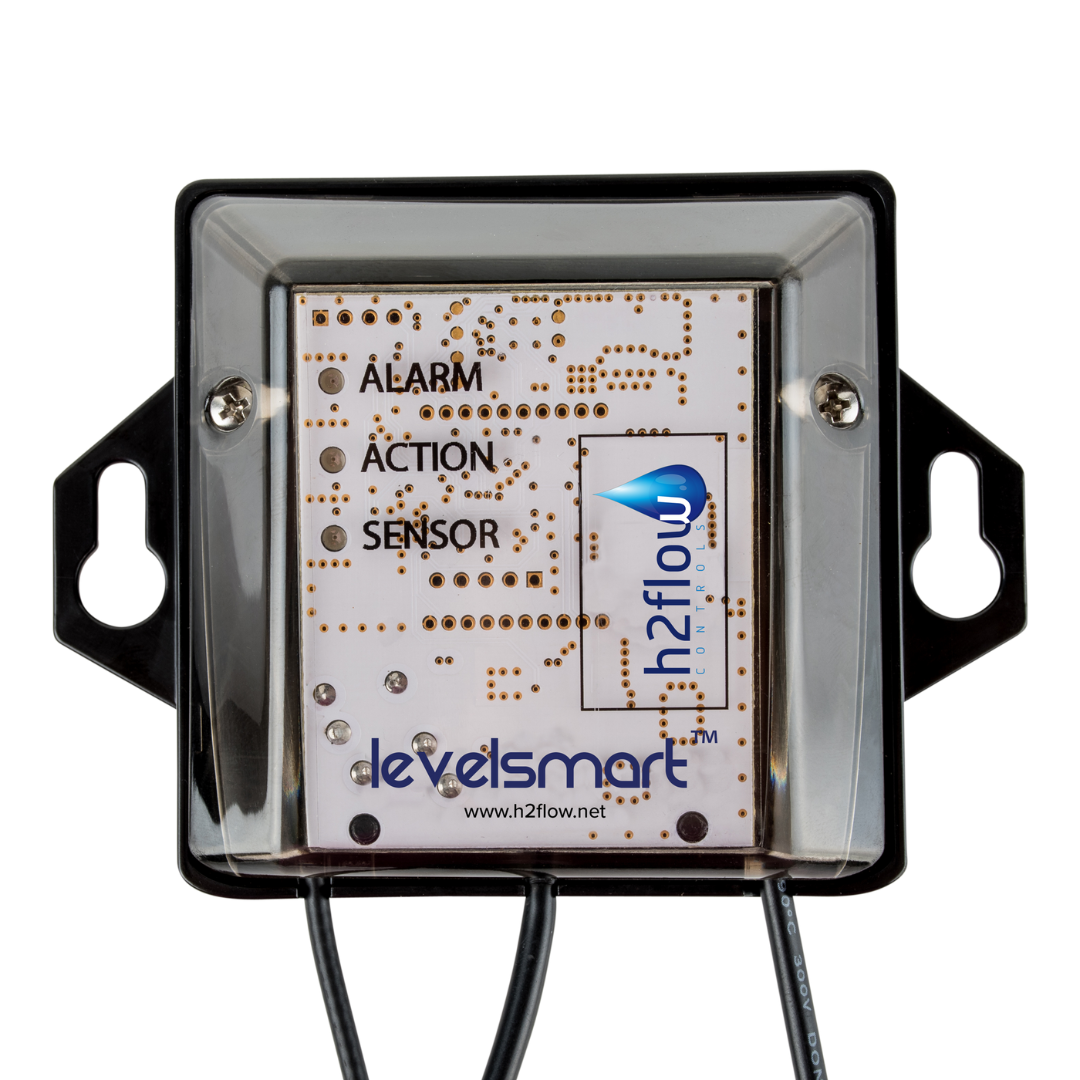Ask the Experts

Maintaining a clean and healthy pool can be a daunting task, especially when it comes to pool equipment installation and maintenance. That's why our team of experienced professionals is here to help. We'll provide you with the guidance and support you need to keep your pool running optimally.
In this Q&A, we'll be discussing two essential components of pool maintenance: pool flow meters and pool autofills. Our experts will be answering some of the most frequently asked questions about these crucial pieces of equipment.
If you have any further questions or need any additional support, our pool experts are always here to help. Contact us now to book a consultation and receive the guidance you need to maintain an optimal pool experience.
How Do You Measure Pool Flow?
Measuring pool flow involves measuring how quickly water moves through its plumbing system. Different types of pool flow meters exist to measure this rate, such as paddlewheel, turbine and ultrasonic models. The meter will be installed inside your pool's plumbing system and connected to a digital display. Flow meters can help you guarantee your pool stays clean and healthy by monitoring water circulation properly.
What Should My Water Flow Look Like?
When it comes to swimming pools, the ideal water flow rate depends on several factors. For residential pools it's recommended that they use between 30-50 gallons per minute (GPM) per 1,000 square feet of surface area. This number could differ for commercial pools. To determine your personal ideal flow rate, consult a pool professional or refer to the manufacturer's recommendations for your equipment type.
What Happens If The Flow Meter Water Level Reads Too Low?
If the flow meter water level reads too low, it could be indicative of a low flow rate. This can cause various issues in a swimming pool. A low flow rate leads to inadequate circulation and inadequate filtration. It can also cause chemical imbalances and algae growth.
Furthermore, they put undue strain on pool equipment leading to premature wear and tear and potential equipment failure. It's essential that any issues with low flow rates be identified and addressed promptly by identifying their underlying cause.
How Often Should Flow Meters Be Inspected?
It is recommended to check flow meters periodically in order to guarantee accurate readings and proper pool performance. The frequency of checks depends on factors like usage, equipment type, and size.
It's usually recommended to inspect pool flow meters at least once annually. If the pool is heavily used or experiencing equipment issues, your flow meter should be checked more frequently . Any sudden changes in water flow or performance should prompt an immediate flow meter check in order to identify and address any underlying problems.
What Happens If The Pool Water Level Rises Too High?
Pool water levels that are too high can cause several issues. These issues include overflowing, water damage to surrounding areas, and inefficient equipment operation.
High water levels put undue strain on equipment leading to premature wear and tear as well as potential equipment failure. Furthermore, they dilute chemicals in the pool preventing effective filtration. This results in unbalanced and dirty water.
A pool autofill can help combat this by automatically maintaining the pool within a set range. This helps guarantee optimal performance while extending equipment lifespan.
How do I install my pool autofill?
Installing an automatic water fill for your pool is a great way to ensure your pool always stays at the optimal water level. To install a pool autofill, you will need to first determine your pool’s volume to ensure you select the correct autofill size.
Next, turn off the pool pump and drain the water from the plumbing line.
Then, connect the autofill to the plumbing line and adjust the valve to control the water flow. Finally, turn the pool pump back on and test the autofill to ensure it's working properly.
For a more detailed guide on how to install a pool autofill, check out our video tutorial which walks you through each step of the process. Remember, properly installed pool autofills help to maintain the correct water level, prevent damage to the pool and equipment, and ensure a safe and enjoyable swimming experience.
Have More Questions?
Our pool experts are available to answer any queries you may have about autofills, flow meters or anything else related to pools. Contact us now to book a consultation and receive the guidance and support you need for maintaining an inviting pool experience.


